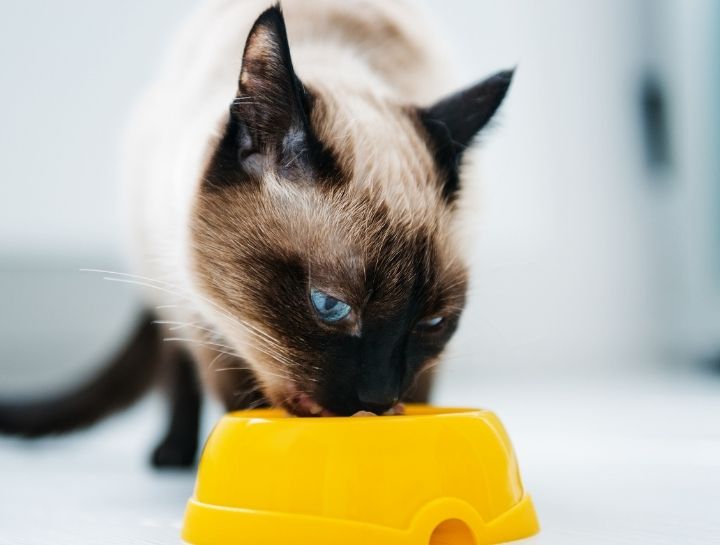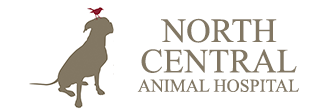Pet Nutrition
Achieve the right nutritional balance.
Plenty of exercise, an abundance of nutritional food, and a constant supply of fresh water daily make for happy and healthy pets. Just like humans, what animals eat on a regular basis affects all aspects of their well-being. Unless pets are fed a balanced diet full of the appropriate vitamins, minerals, proteins, and fat for their species, they can suffer a host of chronic medical problems leading to serious illness, reduced quality of life, and limited lifespan.
Pet Nutrition Basics
Water
Fresh, clean water is just as essential to keeping pets in good health as it is to keep humans alive. Signs that your pet may not be drinking enough water include lethargy, appetite loss, sunken eyes, and strong bad breath due to dry mouth. Also, clean out your pet's water bowl with soap and rinse well each time you put fresh water out for your pet to remove bacteria.
Proteins
Dogs are mostly carnivorous but cats are completely carnivorous. Both require protein to maintain good health. However, cat owners need to be aware that while dogs can eat cat food (although it isn't recommended), cats should never be fed dog food because dog food does not contain taurine, an amino acid that cats are unable to synthesize naturally. Taurine is essential for heart, reproductive, and eye health in cats. Felines lacking sufficient taurine are susceptible to retinal degeneration, vision loss, and kidney disease.
Healthy Fats
When pets eat a healthy, well-balanced diet, they normally get the right amount of fatty acids necessary for brain functioning and absorption of fat-soluble vitamins such as vitamins E, D, and A. Pets receive saturated fats from meat and polyunsaturated fat from plant sources. Omega-3 fatty acids are polyunsaturated fats that promote good health in both people and pets. Cats get necessary omega-3 fatty acids from fish while both dogs and cats receive omega-6 fatty acids from poultry, grains, eggs, and plant-based oils.
Carbohydrates
Owners will know if their pets are getting too many carbs in their diet if pets can be described with one word--fat! The driest food offers about 30 to 70 percent carbohydrate fillers, which is more than enough carbs needed by pets. Pets ingesting too many carbs will store the excess carbs as fat around their abdomen and chest, depending on the breed. Although neither dogs nor cats should be given junk carbohydrate foods regularly, cats are especially poor carb metabolizers and will become sick on such a diet.
Pet Treats vs Table Scraps
When your pet is giving you "that look" while you're eating human food, think about how table scraps can negatively affect your pet's health. In addition to obesity, too much junk food will promote arthritis, kidney problems, oral disease, and even cancer. Give your pet quality treats instead that are more nutritious, low in calories, and crunchy enough to help scrape plaque and tartar off your pet's teeth.
Check out the WSAVA Selecting pet food AVMA Raw food diets
If you’d like to schedule a pet nutrition or weight loss consultation, call us at (602) 395-9773 or schedule an appointment online.

